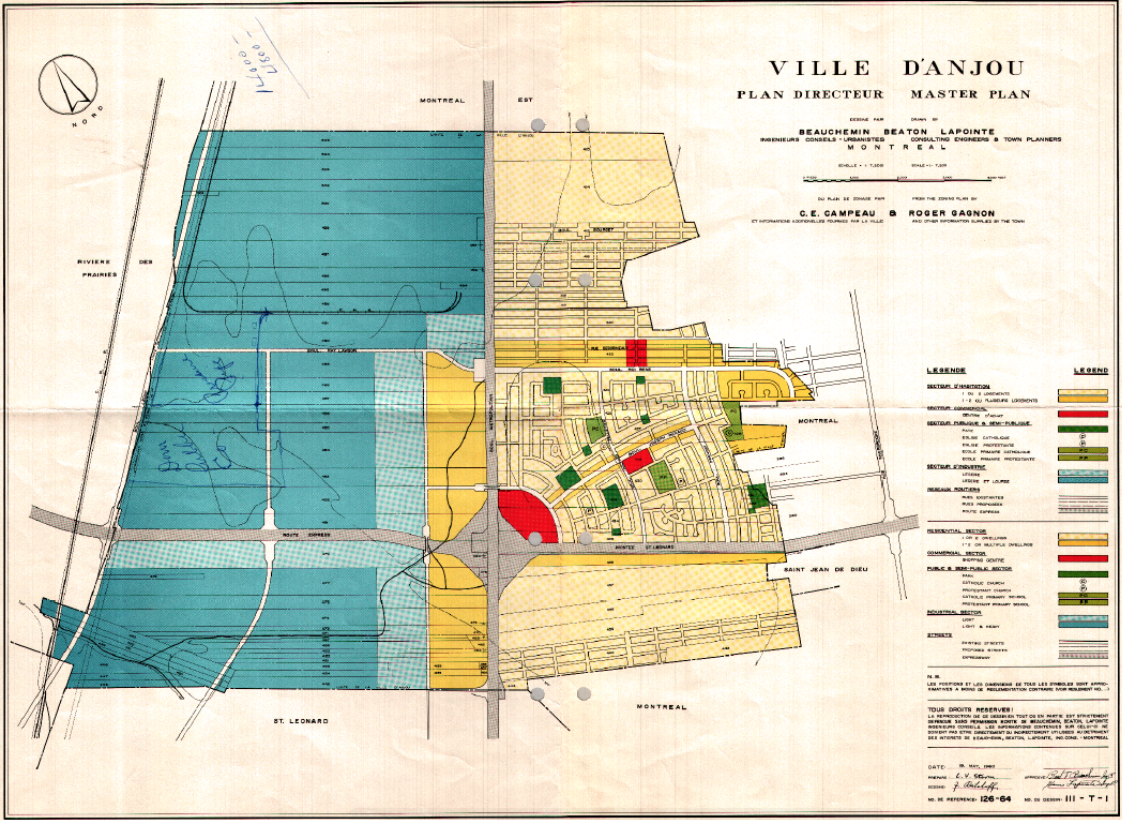The purpose of this workshop is to present research conducted by Frédéric Mercure Jolette, postdoctoral fellow, INRS, Clarence Hatton-Proulx, doctoral candidate, INRS, and Sophie L. Van Neste, Associate Professor, INRS, on how Anjou’s leaders mobilized the stereotypical suburban ideal in the 1960s. This research shows that, while the diagnosis of the “end of the bourgeois residential suburb” corresponds to reality, the representation of the suburb as an ideal community superior to the central city continues to play an important role in the development of the periphery. The analysis focuses on three dimensions of the suburban ideal: residential dominance, political autonomy, and lack of internal political dissent. For each dimension, we show how Anjou’s early leaders negotiated with a complex reality and adapted the suburban ideal so that a territory dependent on metropolitan infrastructure and hosting heavy industries could nevertheless be considered an ideal suburb. With guest commentators, Professors Gilles Sénécal and Harold Bérubé, the discussion will open this chapter of Greater Montreal’s history by considering the different actors and representations playing on its suburban and, to some extent, polycentric development.
All details and registration links are available here.
Thursday, September 30, 2021 (1:00 pm to 2:30 pm)
INRS (UCS Center)
385 Sherbrooke Street East (Montreal)
Room 2109

